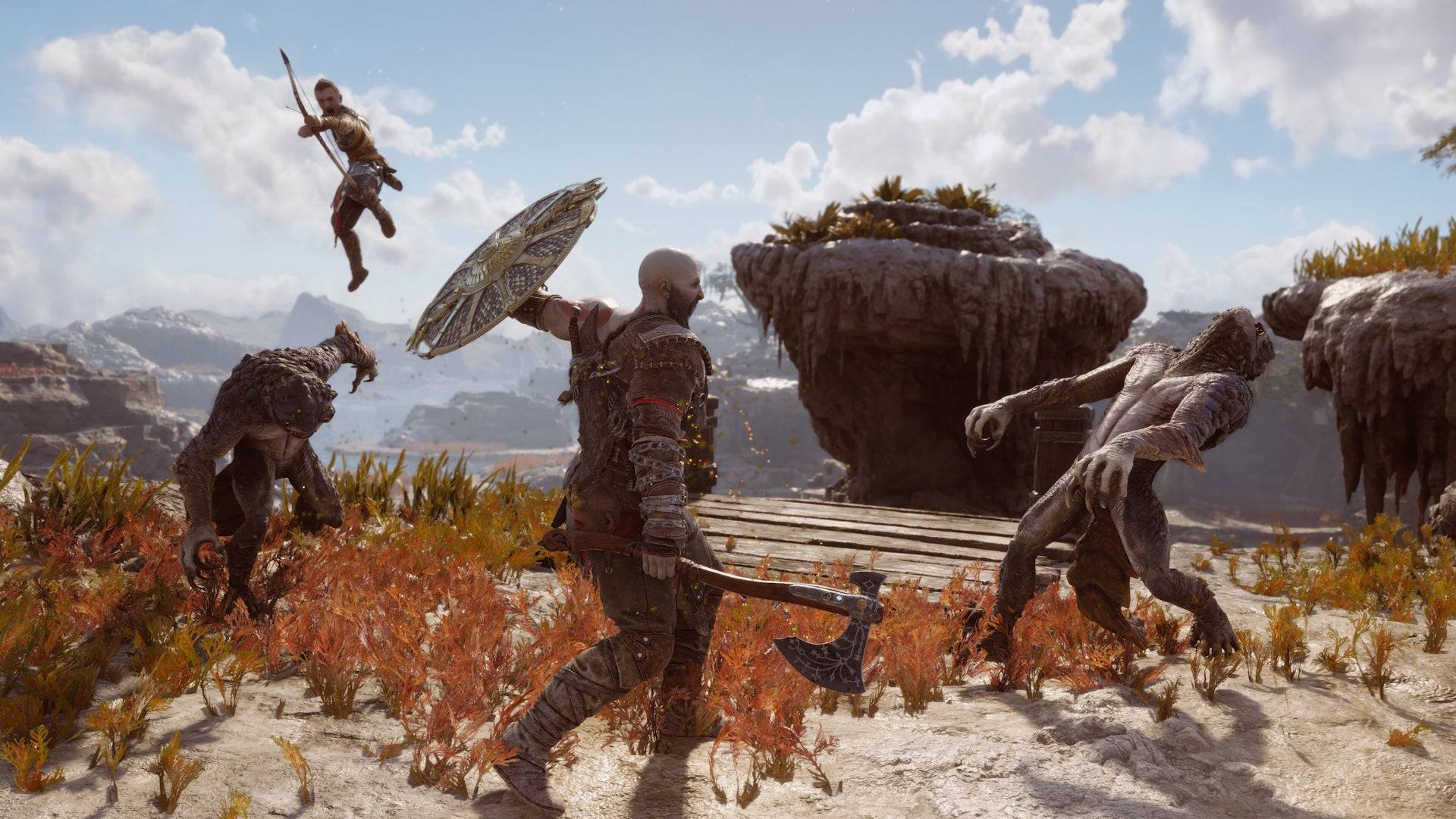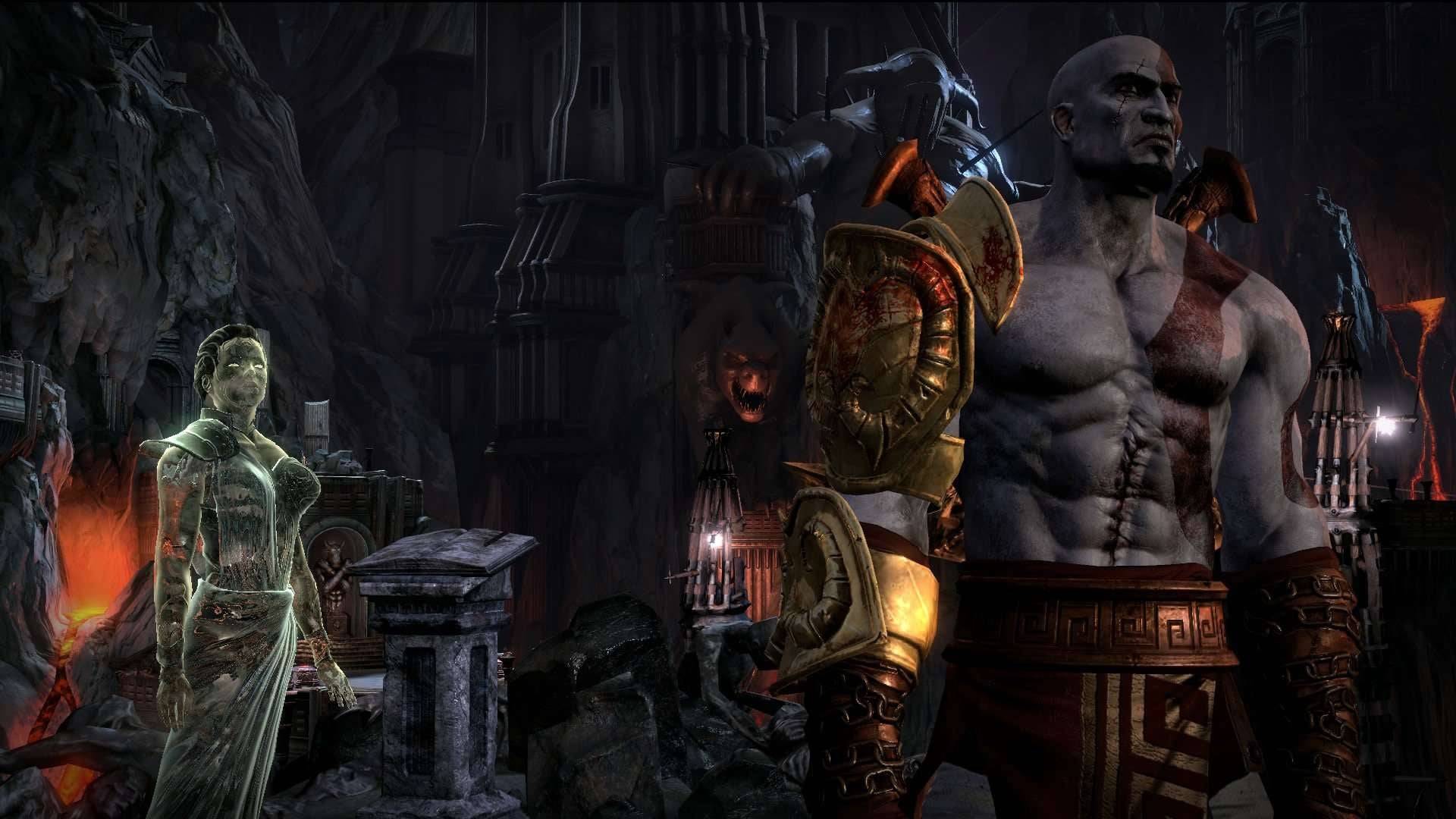The *God of War* series has captivated gamers across four generations of PlayStation consoles. When Kratos embarked on his vengeance-fueled journey to become the new god of war in 2005, few could predict his evolution over the next two decades. Unlike other franchises that struggle to remain relevant, *God of War* has thrived by embracing change. The pivotal 2018 reboot transported Kratos from Ancient Greece to the realm of Norse mythology, revolutionizing both the series' presentation and gameplay. However, even before this acclaimed reboot, Sony Santa Monica introduced smaller but impactful changes that ensured the series' longevity.
For *God of War* to continue its success, reinvention is crucial. With the shift to Norse mythology, director Cory Barlog expressed interest in exploring settings like the Egyptian and Mayan eras. Recent rumors have reignited speculation about an Egyptian setting, fueled by the allure of its rich and distinct mythology. Yet, a new setting alone isn't enough. Future installments must reinvent the series in the same transformative way the Norse games built upon the successful elements of the Greek trilogy.

The 2018 reboot altered many aspects of the original games. The Greek trilogy's platforming and puzzle elements were integral to Kratos' journey, but the Norse games phased out platforming due to changes in camera perspective. Puzzles were retained but adapted to fit the new adventure-centric design. The roguelike DLC, *Valhalla*, for *God of War Ragnarök*, marked a return to the series' battle arenas, a feature from the original games, while also tying back to Kratos' Greek roots in both mechanics and narrative.
The Norse *God of War* games aren't just rehashing old ideas; they introduce significant innovations. These include the Leviathan Axe's unique throwing mechanics, a combat-defining parry system with various shield types, and in *Ragnarök*, a magical spear for fast, explosive attacks. These tools enhance exploration and combat across the Nine Realms, each with its unique enemies, visuals, and characteristics.

The series' shift in mechanics and storytelling reflects a unique approach to franchise development. The creators view the Norse games not as traditional sequels but as extensions of Kratos' journey. This mindset should guide future installments.
However, reinvention alone doesn't guarantee success, as seen with *Assassin’s Creed*. Despite frequent changes in setting and period, the series has struggled to maintain fan adoration across generations. The shift to an open-world RPG with *Assassin’s Creed Origins* diluted the series' connection to its assassin roots, leading to mixed reactions. Recent attempts like *Assassin’s Creed Mirage* and *Shadows* aim to reconnect with the series' original stealth gameplay and Middle Eastern setting, with varying success.
*God of War* has skillfully navigated its reinventions by preserving what made Kratos compelling and maintaining its mechanical roots. The Norse games built upon the Greek trilogy's core combat while introducing new elements like Spartan Rage options, innovative weapons, and diverse combat scenarios. These additions enhance the series without straying from its foundational identity, ensuring the lore deepens rather than diverges.
As rumors of an Egyptian setting circulate, the next *God of War* must continue to evolve while honoring what has made the series successful. The 2018 reboot focused on maintaining the high standards of combat from the Greek trilogy. Moving forward, the narrative depth achieved in the Norse duology, which transformed Kratos from a rage-driven warrior into a complex father and leader, will be crucial. The next installment must build on this storytelling strength while making bold new changes that could define the next era of *God of War*.




